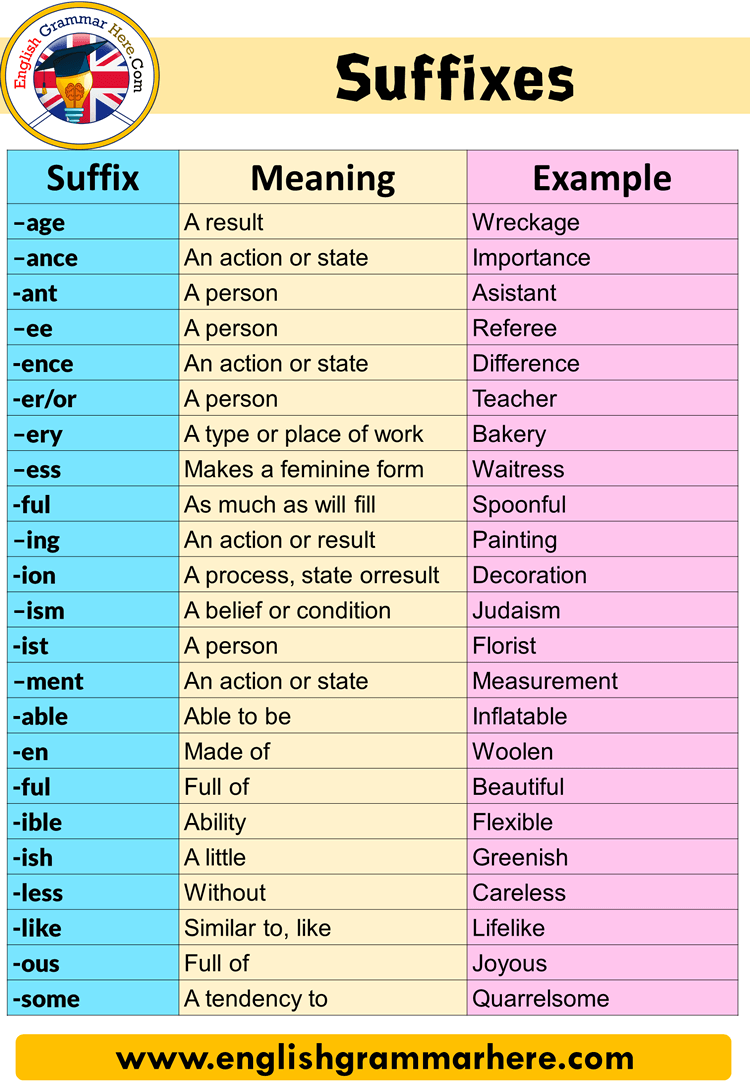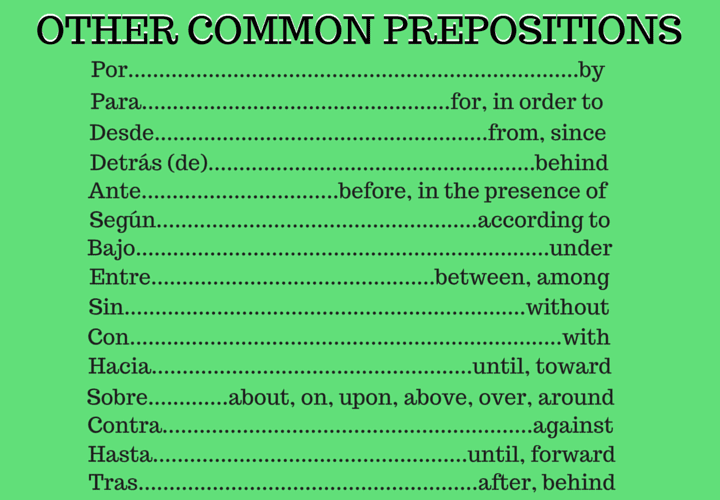Proper nouns are specific types of nouns that are also called proper names. While common nouns start with a lowercase letter, proper nouns start with a capital letter. Learn more about proper nouns, how to identify them, and how to use them through definitions and examples. A noun is a word for a person, place, thing, or idea. Nouns are often used with an article , but not always.
Proper nouns always start with a capital letter; common nouns do not. Nouns can be singular or plural, concrete or abstract. Nouns can function in different roles within a sentence; for example, a noun can be a subject, direct object, indirect object, subject complement, or object of a preposition. If you are trying to determine if a word is a common or proper noun, look at the capitalization. Is the noun capitalized in the middle of a sentence? Things are trickier if the noun is the first word in the sentence.
In that case, ask yourself if the noun is referring to a specific person or thing. If it isn't, you are instead looking at a common noun. A good rule of thumb is that all names and titles are proper nouns and will always be capitalized. Current linguistics makes a distinction between proper nouns and proper names but this distinction is not universally observed and sometimes it is observed but not rigorously. Students of English grammar classes are often confused by the difference between common nouns and proper nouns.
Simply put, a proper noun is capitalized while a common noun is not. View a few examples of common and proper nouns before breaking these grammar concepts down. Remember, proper nouns are specific people, places, things, or ideas. Since they represent a concrete or specific person, place, thing, or idea, they are capitalized.For example, book is a generic common noun. The names of school subjects are typically common nouns. School subjects that are the names of languages, such as English or German, are proper nouns and should be capitalized.
The names of specific courses are proper nouns and should be capitalized. Below are some examples showing what should be capitalized and what should not. Remember, a proper noun is a specific, unique person, place, thing, or idea. Unlike common nouns, proper nouns are almost always capitalized.
This is true whether they begin a sentence or not. You may have noticed from the examples that common nouns are not usually capitalized, unless they begin a sentence, whereas proper nouns are normally capitalized. You will also notice that both types of nouns can be more than a single word.
What Is Common Noun Meaning In Spanish Another primary grammatical difference between common nouns and proper nouns is capitalization. Unless the common noun is the first word in a sentence, or part of a title, it should not be capitalized in the middle of a sentence. A proper noun is a specific, unique person, place, thing, or idea. Los sustantivos propiosor Spanish proper nouns are the ones we use to name things or people such as Ana, Carlos, México, Brasil, Toyota and so on . What makes them easy to differentiate from common nouns is the fact tht proper nouns will always begin with capital letter as you can see in the sentences in the list.
The following common noun examples will help you to recognize common nouns. In the sentences that follow, common noun examples are italicized. Notice that the examples providing proper nouns name specific versions of the same type of person, animal, place, thing, or idea. In modern English orthography, it is the norm for recognized proper names to be capitalized.
The few clear exceptions include summer and winter . In general, you should capitalize the first word, all nouns, all verbs , all adjectives, and all proper nouns. In the English language, a noun is a word that specifies a person, a place, a thing, or an idea. Any physical object in the room or topic of discussion can be identified with these words called nouns. There are common nouns, and then there are proper nouns, and the difference is very important.
Common nouns are the generic name for a person, place, or thing in a class or group. In other words, common nouns are used to name general things rather than specific ones. A mug, table, sofa, TV, phone, wallet, key, etc. Every one of these items is named using common nouns. For example, the noun 'cat' is a common noun; but if your cat is called Marlo, the word Marlo is a proper noun.
A proper noun is a specific (i.e., not generic) name for a particular person, place, or thing. Proper nouns are always capitalized in English, no matter where they fall in a sentence. Because they endow nouns with a specific name, they are also sometimes called proper names. Abstract nouns and proper nouns are always non-countable nouns, but common nouns and concrete nouns can be both count and non-count nouns. We must explain that this Free Online Bilingual Dictionary includes all of our products that you can find in our products page.
On top of that, it offers English and Spanish pronunciation, separation into syllables and grammar attributes. It also accepts conjugated verbs and Spanish feminine and plural forms as valid entries. The most straightforward way of understanding the relationship between common and proper nouns is to think about proper nouns as specific examples of common nouns. Whatever exists can be named, and that name is a noun. A noun is used to name people, animals, things, places, ideas or feelings.
Because of their significance, nouns are divided into common nouns and proper nouns. A typical mistake that people make with common nouns is to capitalize them. But remember, only a proper noun needs to start with a capital letter. A person's "job" (chairman, president, king/queen) may or may not need capitalisation. It depends whether it is the "position" or the "title". In the first sentence, Queen Elizabeth II, President Trump and Buckingham Palace are proper nouns.
In the second sentence, queens, palaces and president are common nouns. Queens and palaces refer to queens and palaces in general, and president refers to the job title and not the specific person. You use proper nouns in sentences the same way you use common nouns, but they retain their capitalization whether or not they come at the beginning of a sentence. Explore what sentence examples look like with proper nouns.
As opposed to common nouns which are generic, proper nouns are specific nouns usually referring to a unique thing or a unique group of things. We use proper nouns to name people, things, and places that are unique. These common nouns become proper nouns when named. For example, boy becomes Thomas, river becomes the Thames River and monument becomes the Washington Monument.
As in this example, common nouns are traditionally capitalized when used as proper nouns. Proper nouns are names given to refer to specific common nouns. For instance, car becomes Honda, city becomes Tokyo, teacher becomes Ms. Wong. As we stated before, car, city, and teacher are all common nouns. It's Honda, Tokyo, and Ms. Wong that are proper nouns.
Highlight all instances of common nouns and underline the proper nouns. The main reason for distinguishing between common nouns and proper nouns is to help with classification and capitalization. Unlike common nouns, proper nouns are a particular person, place, or thing. Proper nouns do not take a limiting modifier and are usually capitalized. Both common and proper nouns are used in most of our sentences.
In most alphabetic languages, brand names and other commercial terms that are nouns or noun phrases are capitalized whether or not they count as proper names. Not all brand names are proper names, and not all proper names are brand names. Nouns and noun phrases that are not proper may be uniformly capitalized to indicate that they are definitive and regimented in their application . For example, Mountain Bluebird does not identify a unique individual, and it is not a proper name but a so-called common name . Such capitalization indicates that the term is a conventional designation for exactly that species , not for just any bluebird that happens to live in the mountains.
It wouldn't make sense to have sentences with only common nouns because you wouldn't know exactly what something was. However, you also wouldn't want to put proper nouns in every sentence. This is especially true if you don't know who or what something is. So, common and proper nouns are used together in sentences to make them more enjoyable and easier to understand. The English language is unique in what it considers to be common and proper nouns, and there are special rules in place to help you identify both.
Read on to learn more about the difference between common and proper nouns, how to use them correctly and how to come up with your own examples. Proper nouns refer to a specific thing or being. As in English, Spanish proper nouns are typically capitalized. Examples of proper nouns include Casa Blanca , Enrique , Panamá , and Torre Eiffel . Some nouns can be either common or proper, depending on the context.
For example, Luna is a proper noun when referring to the moon that circles the Earth , while luna is a common noun when it refers to a planetary satellite in general. In Spanish, the first letter of every sentence is capitalized, as is the first letter of all proper nouns (names of people, cities, countries, places, etc.). In this guide, we'll cover what sorts of words qualify as common nouns, and provide some examples of common nouns to help you separate them from proper nouns.
In this sentence, New World, Pocahontas, John Rolfe, and England are all proper nouns because they are specific names or titles. When a noun is specific like this, it is proper and must be capitalized. Now that you know the difference between common and proper nouns, test your ability to accurately identify common nouns. A common noun is the general, non-specific term for a person, place, thing, or idea. Usually, common nouns are not capitalized unless they begin a sentence.
Now this is relatively easy because proper nouns are almost always capitalized. For most of us it's already second nature to capitalize names of companies, people, languages, countries, etc. While proper nouns are almost always capitalized, common nouns never are. Also, note that all the proper nouns are capitalized while none of the common nouns were.
We use common nouns to denote a class of objects or a concept. Consider the word star, as in the stars we see in the sky. The Sun, however, is a proper noun, used to describe the specific star that is at the center of our solar system. Anounis a word that names a person, animal, place, thing, or idea. All nouns can be further classified as a properor common noun. Common nouns are words used to name general items rather than specific ones.
A lamp, chair, couch, TV, window, painting, pillow, candle – all of these items are named using common nouns. The authors distinguish proper nouns, common nouns, abstract nouns, material nouns, and collective nouns. A proper noun is a name that identifies a particular person, place, or thing, e.g.
In English and Spanish , proper nouns begin with capital letters. There are differences between English and Spanish. In Spanish you don't use capital letters with, days of the week, months of the year and languages. Countries are a type of nouns, whereas nationalities are adjectives. Additionally, these nouns are only capitalized when at the beginning of a sentence.
Explore a few example sentences with common nouns. Below you'll find multiple examples of common nouns, and a few proper nouns for comparison, divided by category for easy identification. Understanding Common And Proper NounsA common noun is used for general things, while a proper noun is used for specific things. Learn the difference between common and proper nouns and how to use them. Nouns are words that denote people, animals, things, places, ideas, and feelings. Because of their significance, nouns are divided into common and proper nouns.
In essence, we did not change the structure of the sentence. We simply replaced all of the common nouns with proper nouns. And there you have it, we now have specific details that give us a better picture of the action. The difference is that "videocámara" is compound noun which is formed by the words (video + cámara) and it is functioning as the direct object in the sentence. AMIGO on the other hand is the subject of the sentence.
We must always capitalize proper nouns whether they are at the beginning of a sentence or in the middle of one. Proper Nouns include at least one word and in some cases, more than one word. If they include more than one word, we capitalize all of them. A noun is essentially a label for places, things, events, ideas, concepts and so on.
Like English, nouns in Spanish may be categorized as common or proper, count or mass, singular or plural. Unlike English, Spanish nouns are also categorized as either masculine or feminine. In this sentence, people, government, underground, companies, land, and house are all common nouns because they are not specific names or titles. They are just general, making them common nouns. In this sentence, we see examples of common nouns, such as doctor, hours, and common cold.






























No comments:
Post a Comment
Note: Only a member of this blog may post a comment.